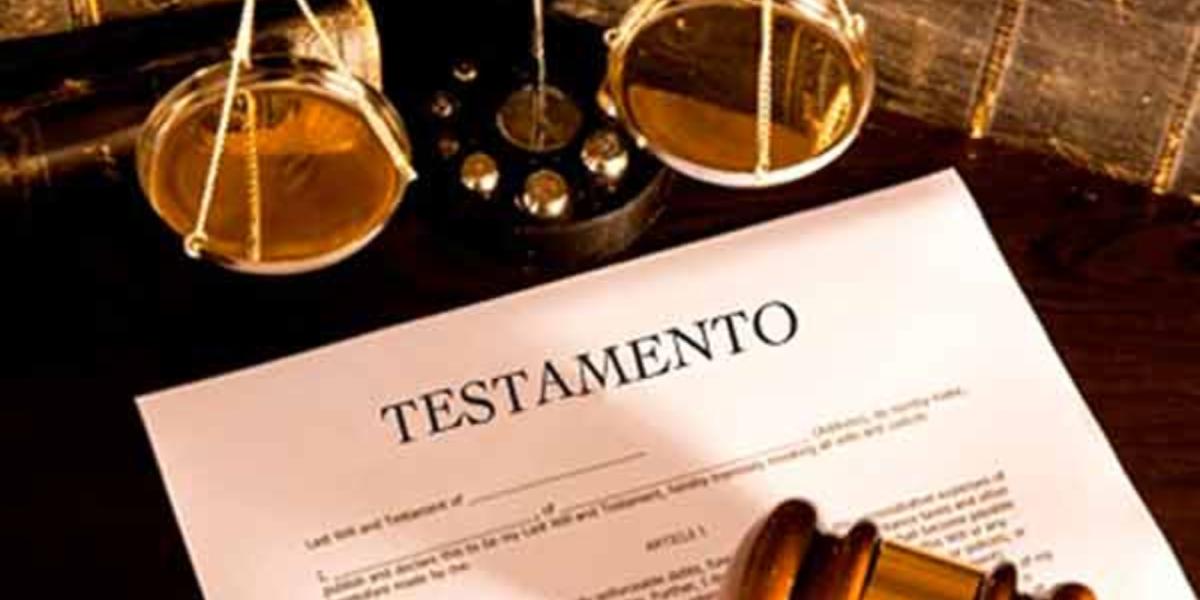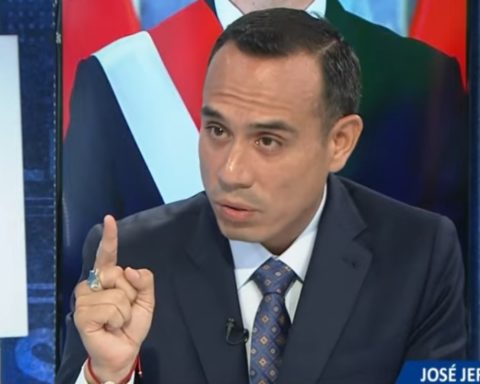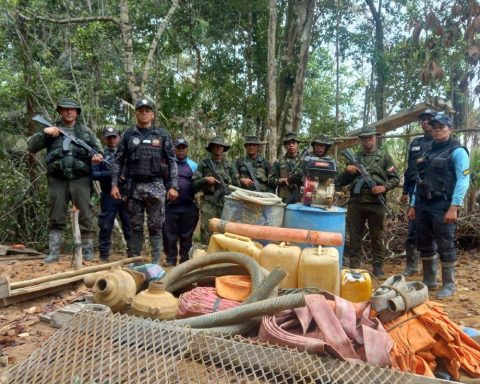He will is a tool fundamental to ensuring that a person’s assets and rights are distributed according to their will after their death. In addition to avoiding family conflicts, this legal document facilitates the procedures and saves time and expenses for the heirs. It does not mean anticipating an early departure, but rather living with peace of mind, knowing that the well-being of your loved ones has been ensured, so knowing the process and implications of the will is key to avoiding problems in the future.
1.- Why is it important to make a will?
According to information from the College of Notaries from Mexico City, A will is a legal document that allows a person to decide the fate of their assets and rights after their death, avoiding conflicts between heirs and complex legal procedures. Anyone over 16 years of age can grant it before a notary.
2.- Process to make a will
The will is done before a notary and does not require witnesses, except in special cases (such as lack of signature or reading ability). Every time a new one is issued, the previous one loses validity. The notary keeps the original document and can issue copies if it is lost.
3.- Consequences of not making a will
If one person dies without leaving a willthe inheritance is processed through an intestate succession trial in a notary office or family court. The judge will determine the heirs in accordance with the Civil Code, giving priority to direct family members or the spouse. The absence of a will can generate family conflicts and additional expenses.
4.- What does a will include?
The testator can:
- Appoint the executor (inheritance administrator).
- Assign a guardian to care for minor children.
- Include a curator to supervise the tutor.
- Establish pensions for specific people.
5.- Inheritance procedure with and without will
With will: The heirs must present the document and the death certificate to the notary. If they agree to the distribution, the executor administers the assets and pays outstanding debts.
Without will: Potential heirs must prove kinship before the notary and demonstrate the absence of a previous will.
6.- The role of the executor and inheritance taxes
The executor is responsible for managing the deceased’s assets for one year. Inheritance in personal property does not generate taxes; In the case of real estate, a tax is applied according to its value.
The process is easier if you go to a notary, who offers guidance to avoid legal problems and ensure that the inheritance is managed correctly.

















